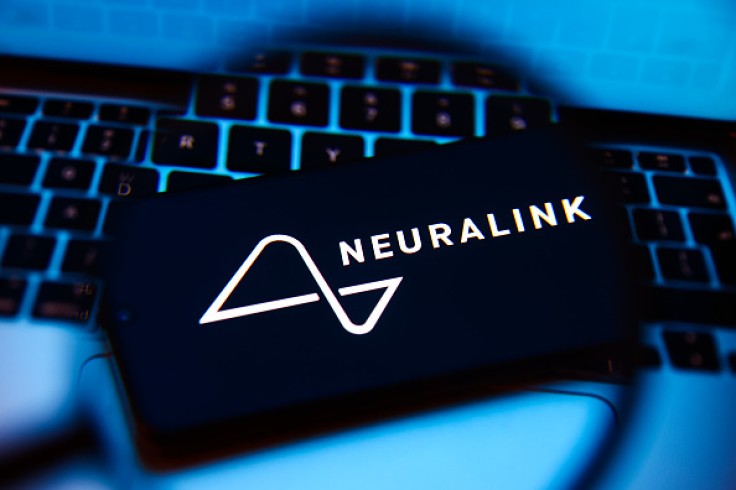It was a huge surprise when Neuralink was finally approved for the first human trial, given that it had been rejected once before and this will be the first time we see a chip implanted in the brain. However, the company has seen shown success in its project, and will not move on to another patient.

Neuralink Getting a 2nd Human Patient
The brain-computer interface (BCI) technology behind Neuralink is not unheard of, but it is the first company that has done a more direct approach when it comes to sensors, as opposed to how other researchers simply use wearable ones.
People were anticipating how the first human trial would fare and while there was a hitch, it was still a relative success. It looks like it was enough of an advancement as Neuralink is already preparing for a second procedure as applications for it are now open.
Elon Musk announced last week that the company was ready for a second participant. This time around, the brain-computer interface technology will be an improved version, as Neuralink has come up with a solution for the issue with the first patient, as per Engadget.
The first patient, Noland Arbaugh, showed a lot of promise with the implant. Unfortunately, the implant's threads "retracted from the brain," which caused it to malfunction months after it was surgically placed. The patient is now fine and a software update resolved many of the issues.
For the second patient, Neuralink might be facing a more difficult procedure as the implant will be inserted deeper into the brain. This will ensure that the issue with the first implant will not likely happen again. The FDA has already approved the revised procedure.
If reports are accurate, the second surgery is set to take place in June as about a thousand people have already signed up to participate in the trial. With this pace, Neuralink is progressing faster than anticipated with its BCI technology.
Neuralink Knew About the Potential Complications
The news about the first patient experiencing issues with the implant wires was not anticipated by those following the progress of the trial, but reports say that the company already knew that it was a possibility for years.
Based on the tests done on animals, Neuralink saw that the wires might not be durable or reliable. In the event that the wire retracts, as it did with the patient Arbaugh, the electrodes that decode the brain signals will be removed.
The company found that the risk was not that significant to prompt a redesign, according to Fox 7. The risk they took did not go their way, evidently, as the first patient experienced the exact issue which had to be partially resolved with a software update.
A source also stressed that the FDA was aware of the issue as well and that it was shown in the animal test results that were shared with the administration. The trials will continue to be monitored to see if any other issues emerge.









